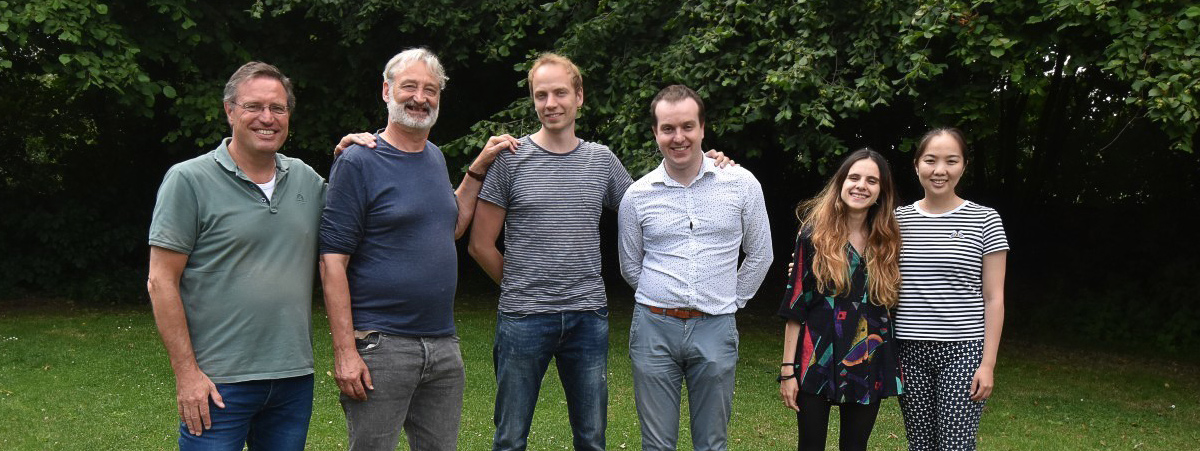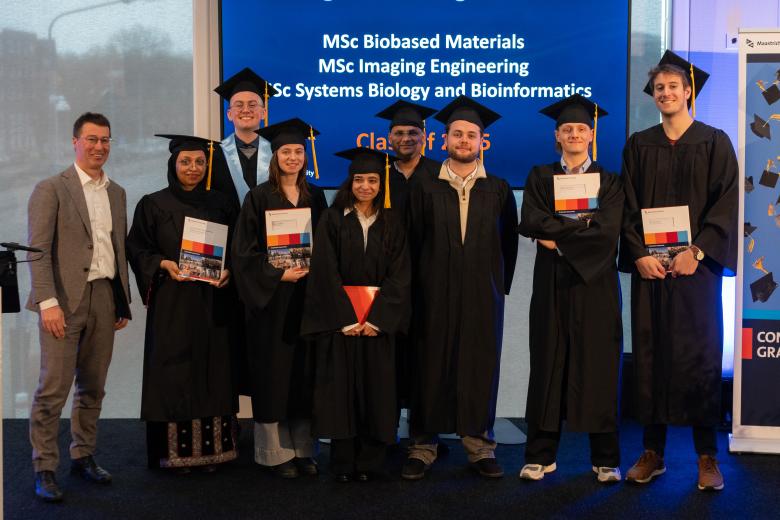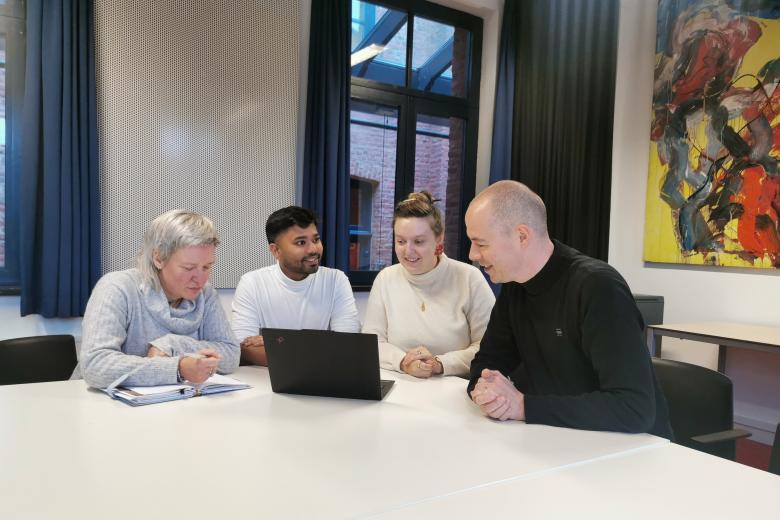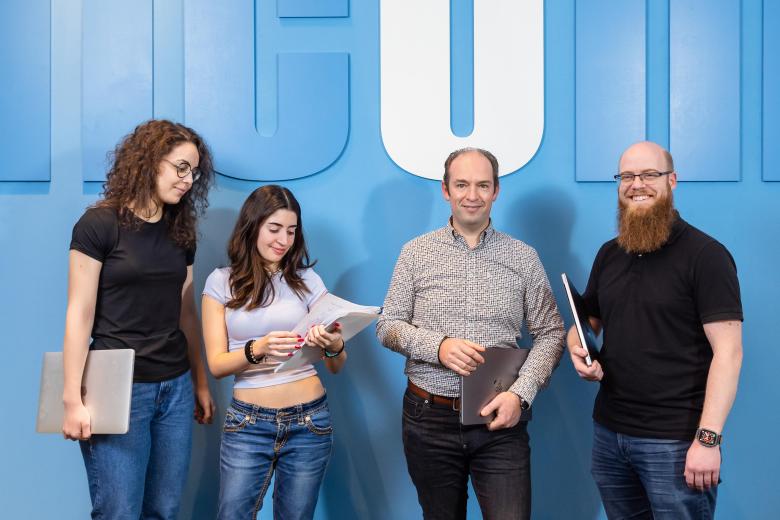Maastricht officially admitted into LHCb experiment at CERN
Maastricht University has been officially admitted into the LHCb experiment at CERN, starting January 2020. At the same time, the Faculty of Science and Engineering installed a new chair, prof. Marcel Merk, on collider physics into the newly founded research group.
The research group will search for the existence of new, fundamental quantum particles, that would help explain our puzzling observations in the cosmos including the disappearance of antimatter in our universe right after the big bang. This is done by using decays of so-called beauty mesons, which are unstable particles that are produced in the world’s highest-energy particle accelerator, the Large Hadron Collider at CERN in Geneva.

Exploring all forces of nature in Maastricht
Furthermore, new applications of Machine Learning and High-Performance Computing in the data processing of the LHCb experiment are explored, together with experts at the Department of Data Science and Knowledge Engineering. “I’m looking forward to seeing all the wonderful things that this collaboration will lead to”, says Dr. Jacco de Vries, who is the principal investigator of the group towards CERN. “Together with the Einstein Telescope, that focuses on gravitational effects, we now have a research team that explores all the other fundamental forces of nature - weak, strong and electromagnetic - right here in Maastricht”.
Physics at Maastricht University
Particle physics research at Maastricht University started around two years ago at the Maastricht Science Programme, within the Faculty of Science and Engineering (FSE), in collaboration with the National institute for subatomic physics, Nikhef.
Relevant links
Also read
-
Ron Heeren appointed fellow of the Netherlands Academy of Engineering
Professor Ron Heeren, distinguished university professor at Maastricht University (UM) and director of the Maastricht MultiModal Molecular Imaging Institute (M4i), was appointed as a fellow of the Netherlands Academy of Engineering (NAE) on Thursday 11 December.
-
UM builds open education and digital literacy into BKO/UTQ
Maastricht University is taking a practical step to support early-career teachers: open education and digital literacy will be built more firmly into the BKO/UTQ.
-
Companies unlock Maastricht University’s hidden talent
@Work students serve as a bridge between academia and industry, helping companies recognise the university’s strengths. “We’re a hidden gem that’s gradually being discovered, as more and more people learn that we are one of the largest academic data science and AI programmes in the Netherlands